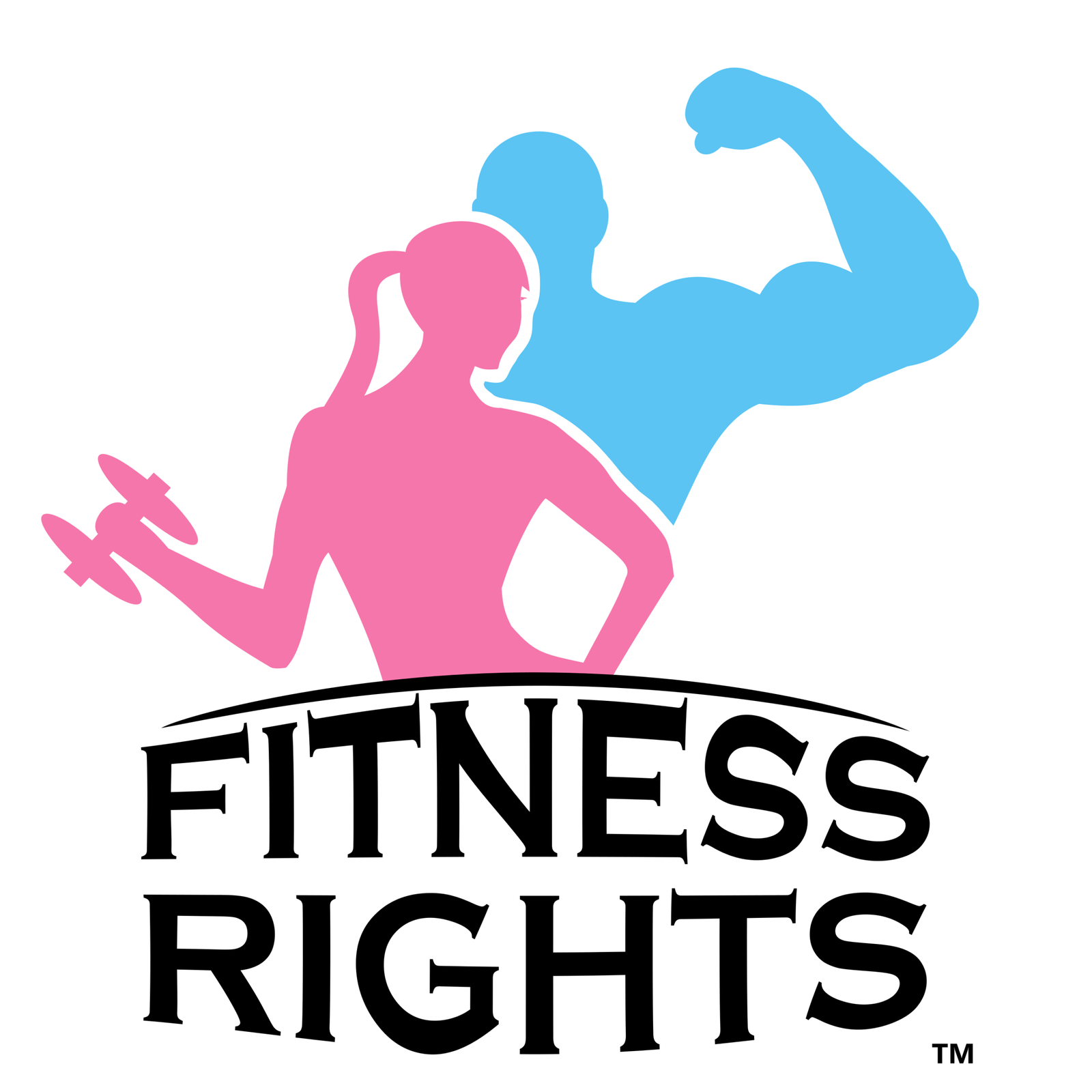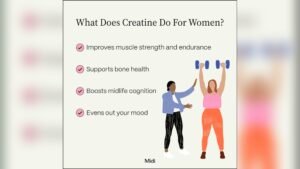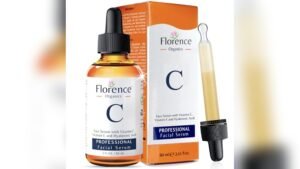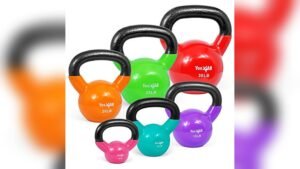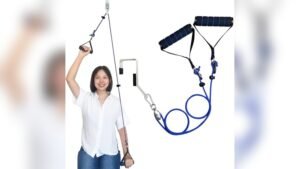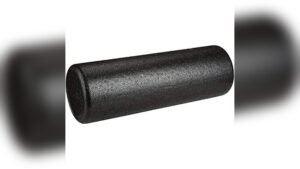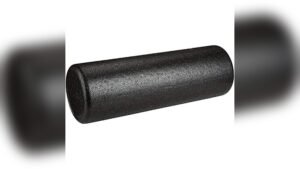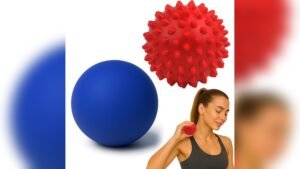Are you noticing changes in your energy, strength, or memory as you navigate perimenopause? You’re not alone—and there’s a simple supplement that might help: creatine.
Often linked with athletes and bodybuilders, creatine offers surprising benefits that go beyond muscle building. For women like you facing the challenges of perimenopause, creatine can support your muscle health, fight fatigue, and even sharpen your mind. Curious how this natural compound could make a real difference in your daily life?
Keep reading to discover the powerful benefits of creatine tailored just for perimenopausal women—and learn how to safely add it to your routine for lasting wellness.

Credit: www.tandfonline.com
Table of Contents
ToggleMuscle Strength And Preservation
Muscle strength and preservation become crucial concerns for women during perimenopause. Declining estrogen levels often lead to muscle loss and weakness. Maintaining muscle mass supports daily activities and overall health. Creatine offers benefits to help sustain muscle strength in this phase.
This supplement aids muscle energy and recovery. It works well alongside regular exercise. Understanding how creatine helps muscle strength is key for perimenopausal women.
Counteracting Muscle Loss
Muscle loss accelerates during perimenopause due to hormonal changes. Creatine helps by increasing muscle energy stores. This boost allows muscles to perform better and recover faster. It supports muscle fiber growth and reduces breakdown. Using creatine can slow muscle loss and improve strength.
It is not a quick fix but a helpful aid with consistent use. Combining creatine with physical activity enhances its effects. This approach helps women maintain muscle mass longer.
Role Of Resistance Training
Resistance training is vital for muscle preservation in perimenopause. Lifting weights or using resistance bands stimulates muscle growth. Creatine works best when paired with these exercises. It provides extra energy for intense workouts and speeds recovery.
Training regularly with creatine improves muscle strength and endurance. This combination protects against age-related muscle decline. It also supports bone health by strengthening muscles around bones.

Credit: www.jillfooswellness.com
Energy And Fatigue Management
Perimenopausal women often face low energy levels and persistent fatigue. These symptoms can disrupt daily activities and reduce quality of life. Creatine offers a natural way to support energy production and fight tiredness. It works at the cellular level to replenish energy quickly. This boost helps women feel more active and less drained throughout the day.
Cellular Energy Boost
Creatine increases the availability of ATP, the main energy currency in cells. During perimenopause, energy demand rises as the body adjusts to hormonal changes. Creatine helps cells produce energy faster and more efficiently. This process reduces feelings of exhaustion. It also supports muscle cells, which need more energy to maintain strength and function.
Improving Stamina
Fatigue often limits physical activity during perimenopause. Creatine can improve stamina by enhancing energy reserves in muscles. This allows women to exercise longer and recover quicker. Better stamina helps maintain an active lifestyle, which is important for overall health. With more energy, daily tasks become easier and less tiring.
Cognitive Support
Creatine is known mainly for muscle benefits, but it also supports brain health. During perimenopause, many women face cognitive challenges. These include difficulty concentrating, forgetfulness, and mood swings. Creatine helps by fueling brain cells with energy. This support can ease common cognitive symptoms linked to hormonal changes.
Reducing Brain Fog
Brain fog feels like a cloudy mind and slow thinking. It often comes with fatigue and stress. Creatine supplies extra energy to brain cells, helping them work better. This can clear mental fog and improve focus. Women in perimenopause may notice sharper thinking and quicker reactions. Regular creatine use can lessen feelings of mental tiredness.
Enhancing Memory And Mood
Memory lapses are common during perimenopause. Creatine helps by boosting the energy supply to brain areas linked to memory. This can improve recall and learning ability. Mood swings also occur as hormone levels shift. Creatine may support brain chemicals that regulate mood. This can lead to a more balanced, stable emotional state. The combined effect helps improve daily mental wellbeing.
Bone Health Benefits
Bone health is a major concern for perimenopausal women. During this phase, estrogen levels drop, which can weaken bones. Weak bones increase the risk of fractures and osteoporosis. Creatine offers important benefits that help maintain strong bones and reduce these risks.
It supports the body’s natural processes to keep bones dense and healthy. These benefits go beyond muscle strength and can improve overall quality of life.
Supporting Bone Density
Creatine helps maintain bone density by boosting energy in bone cells. This energy supports bone growth and repair. Studies show creatine can slow down bone loss in women with lower estrogen. It encourages the activity of cells that build bone. This effect is important during perimenopause when bone loss speeds up. Regular creatine use with exercise enhances these benefits.
Connection Between Muscle And Bone
Muscle and bone health are closely linked. Strong muscles put healthy stress on bones, which keeps bones strong. Creatine improves muscle strength and size. This extra muscle power helps protect bones from damage. Better muscles also improve balance and reduce fall risk. Falls are a common cause of bone fractures in older women. Creatine supports this muscle-bone connection effectively.
Optimal Creatine Use
Using creatine in the right way maximizes its benefits for perimenopausal women. Proper use helps improve muscle strength, energy, and mental clarity. Understanding how to take creatine correctly ensures better results and fewer side effects. The following tips guide optimal creatine use for this stage of life.
Daily Consistency
Taking creatine every day keeps muscle stores full and effective. Skipping days can reduce its benefits and slow progress. A steady routine helps the body adapt and respond well. Choose a time each day to make it a habit. Consistency matters more than the dose size.
Timing Around Workouts
Creatine works well when taken close to exercise sessions. Taking it before or after workouts supports muscle recovery and growth. It helps replenish energy for better performance. Both timing options offer good results, so pick what fits your schedule. Regular workouts combined with creatine boost strength gains.
Importance Of Hydration
Creatine pulls water into muscle cells, so drinking enough fluids is essential. Staying hydrated prevents cramps and supports overall health. Aim to drink water throughout the day, especially around workouts. Proper hydration helps creatine work efficiently and reduces side effects. Water also supports energy and brain function during perimenopause.
Credit: www.researchgate.net
Safety And Precautions
Safety and precautions are essential when considering creatine during perimenopause. This stage involves many bodily changes that require careful attention. Using creatine can offer benefits but also calls for mindful use to avoid unwanted effects.
Understanding potential risks and following guidelines helps maintain health and well-being. Awareness about how creatine interacts with your body is important for safe supplementation.
Consulting Healthcare Providers
Always speak with your healthcare provider before starting creatine. They can check for any health conditions or medications that might interfere. This step ensures creatine fits safely into your health routine. Doctors can also recommend the correct dosage and monitor your progress. Regular check-ins help catch any side effects early and adjust use as needed.
Not A Replacement For Healthy Habits
Creatine supports your body but does not replace good habits. Balanced nutrition, regular exercise, and proper sleep remain vital. These habits work together with creatine to improve muscle strength and energy. Avoid relying solely on supplements for health during perimenopause. Creatine is a helpful tool, not a cure-all solution.
Frequently Asked Questions
Is Creatine Good For Perimenopause?
Creatine supports muscle strength, reduces fatigue, and may improve brain fog during perimenopause. Combine it with exercise and consult your doctor first.
What Does Creatine Do To Female Hormones?
Creatine does not significantly alter female hormones. It supports muscle strength, energy, and cognition without affecting estrogen or progesterone levels.
How Much Creatine A Day For A Menopausal Woman?
Menopausal women typically take 3-5 grams of creatine daily. Consistent use with strength training maximizes benefits. Consult a doctor before starting.
Should A 45 Year Old Take Creatine?
A 45-year-old can take creatine to support muscle strength, reduce fatigue, and improve cognition during perimenopause. Consult a doctor first.
Conclusion
Creatine offers clear benefits for perimenopausal women’s health. It helps maintain muscle strength and reduces fatigue. Brain function and mood may also improve with regular use. Combining creatine with exercise boosts these positive effects. Always discuss supplements with a healthcare provider first.
Staying consistent and hydrated supports the best results. Creatine is a helpful part of a healthy lifestyle during perimenopause. Small steps make a big difference.
Related posts:
- Benefits of Using Hmb Long-Term for Preventing Age-Related Muscle Loss: Proven Strategies
- Guide to Stacking Hmb With Vitamin D for Older Adult Muscle Health: Boost Strength Safely
- Grass-Fed Hydrolyzed Collagen Powder for Weightlifting Joint Pain Reviews
- Is Creatine Good for Post Menopausal Women: Benefits Revealed
